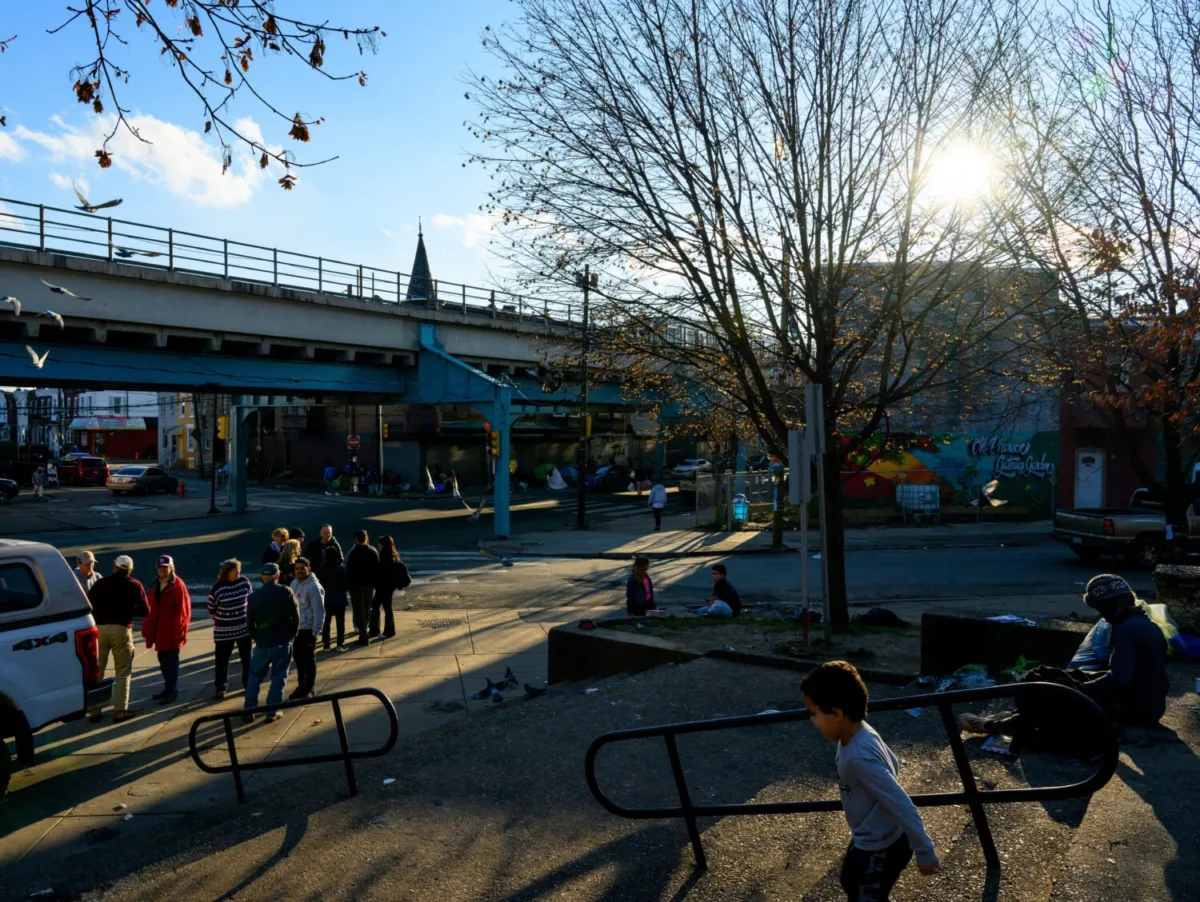
How a Philly Pastor Helps Crime Victims and Perpetrators
The Reverend Christobal Kimmenez has joined others in calling for greater services for survivors of crime and the formerly incarcerated, including restorative justice.

The Reverend Christobal Kimmenez has joined others in calling for greater services for survivors of crime and the formerly incarcerated, including restorative justice.

This excerpt from Survivor Injustice asks us to reconsider what justice really looks like for crime victims.
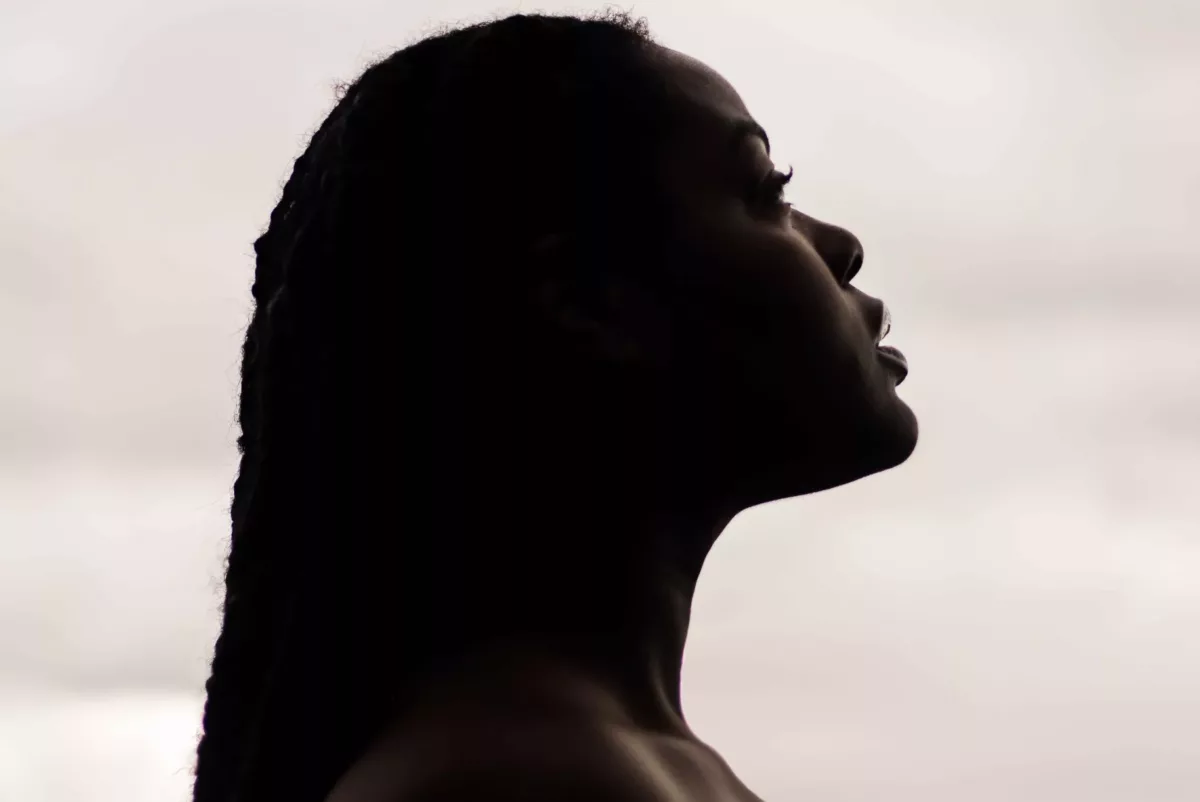
Our legal system focuses on punishing those who cause harm without considering what victims need, a former prosecutor writes.
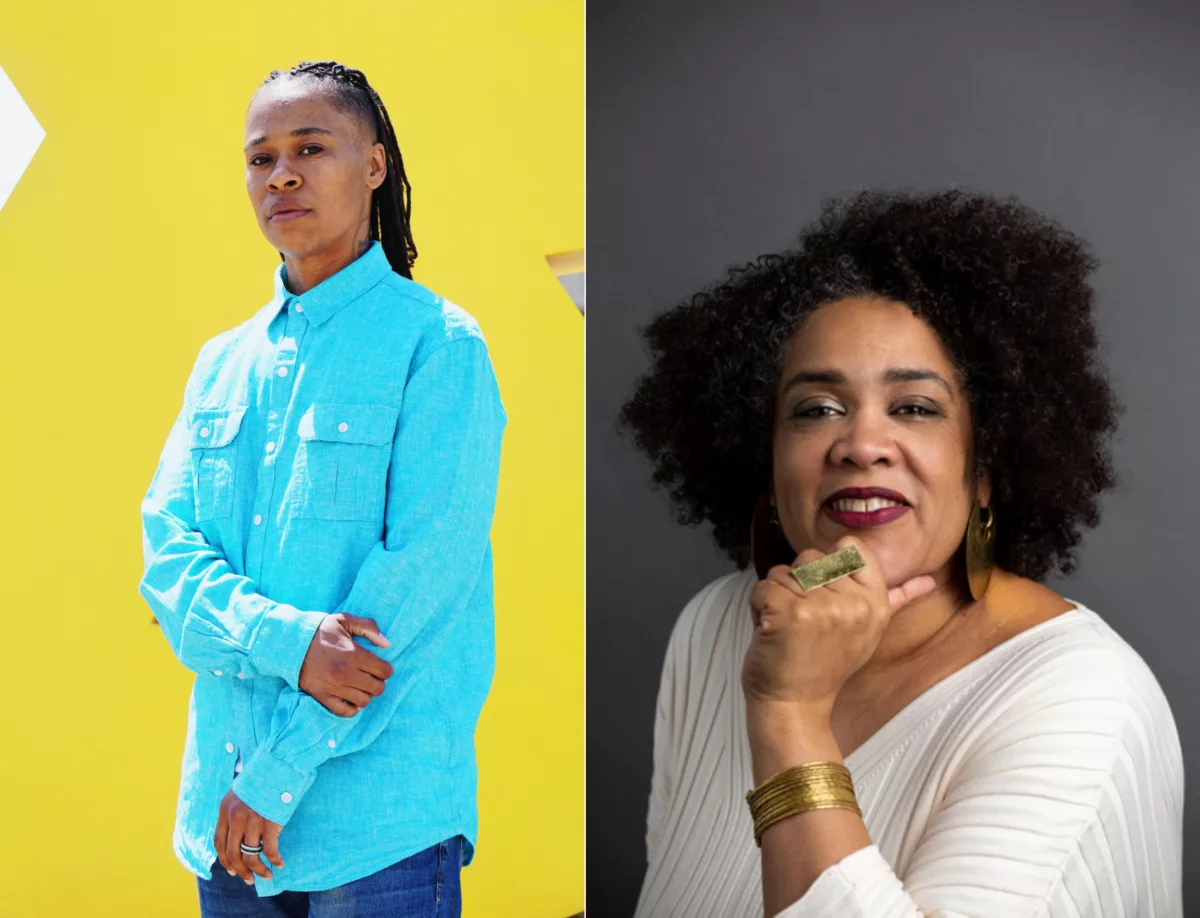
In Healing Justice Lineages, Cara Page and Erica Woodland document a history of care models that don’t involve the prison industrial complex.
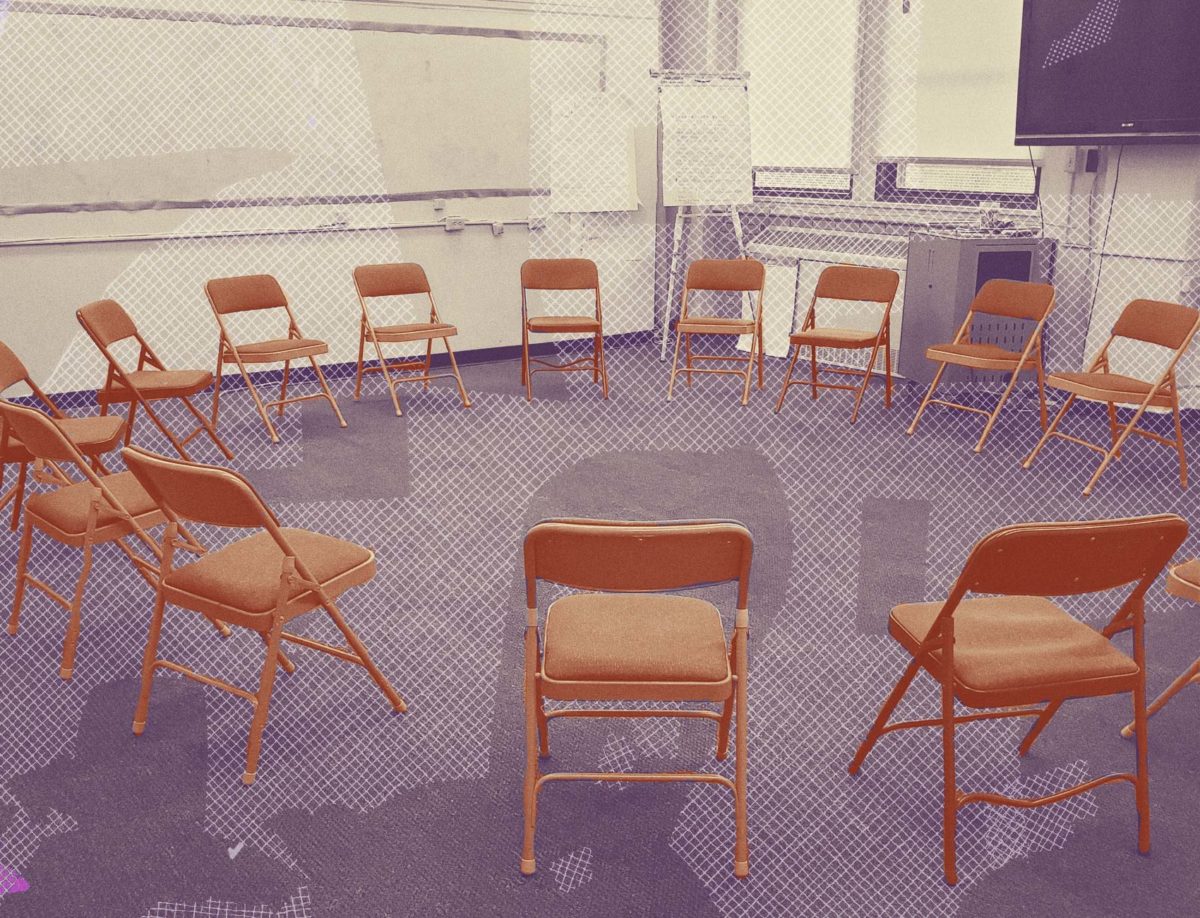
Rates of reporting domestic violence are low in immigrant communities, where survivors of abuse often don’t want to involve the police. As an alternative, the de Blasio administration promised to fund community-based domestic violence programming—but those funds were delayed, and advocates fear programs with strong community ties may not meet the city’s requirements.
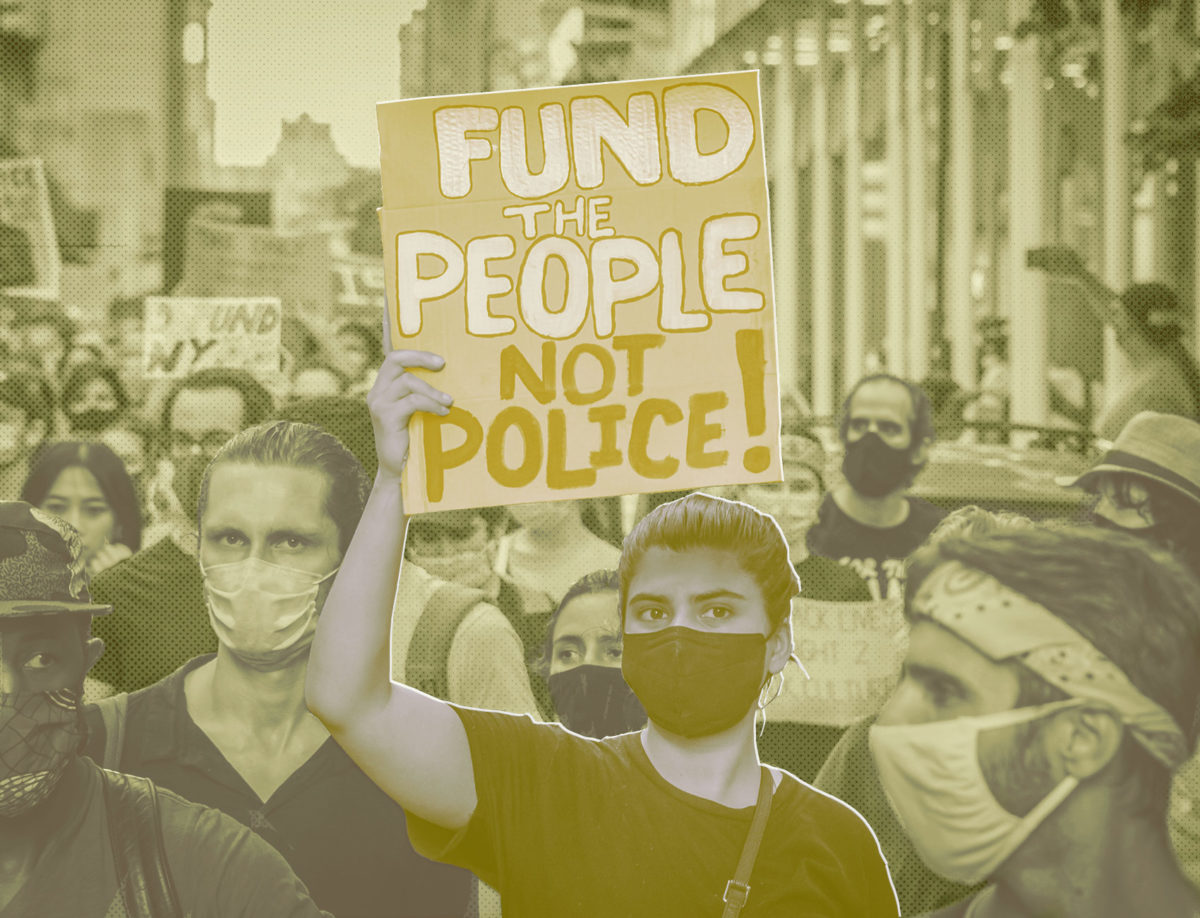
Police should no longer occupy all of our vital support systems in our communities.
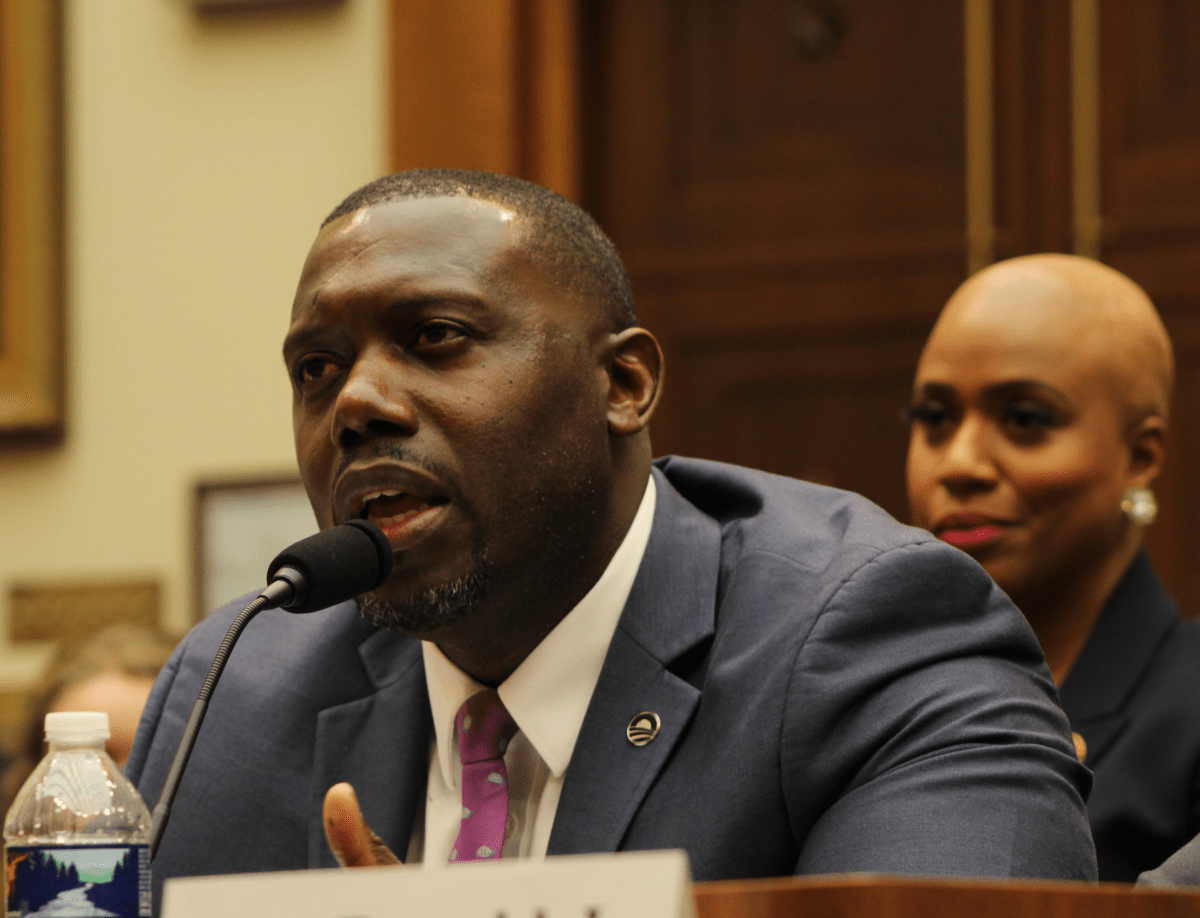
The U.S. representative said her husband helped her realize that when one person is incarcerated, many more are affected.
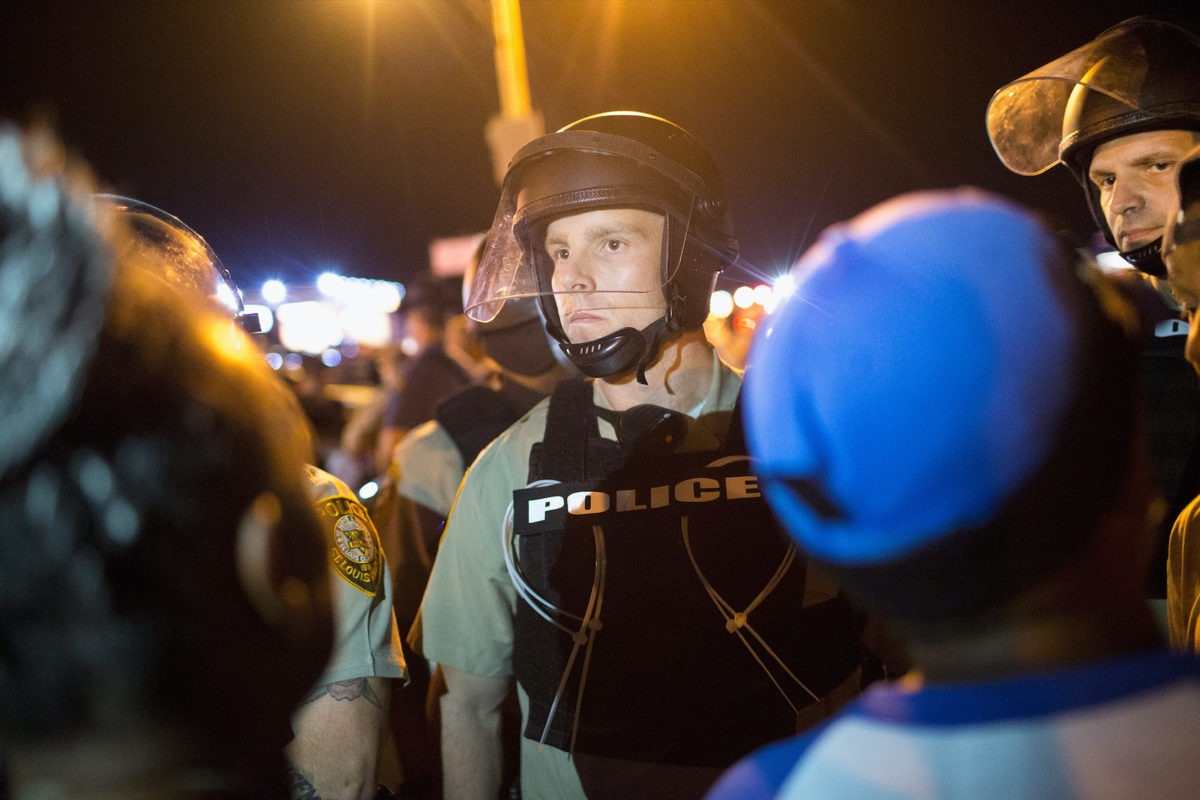
Josie Duffy and co-host Darnell Moore discuss police accountability and explain why it’s so hard for the criminal justice system to hold police accountable.
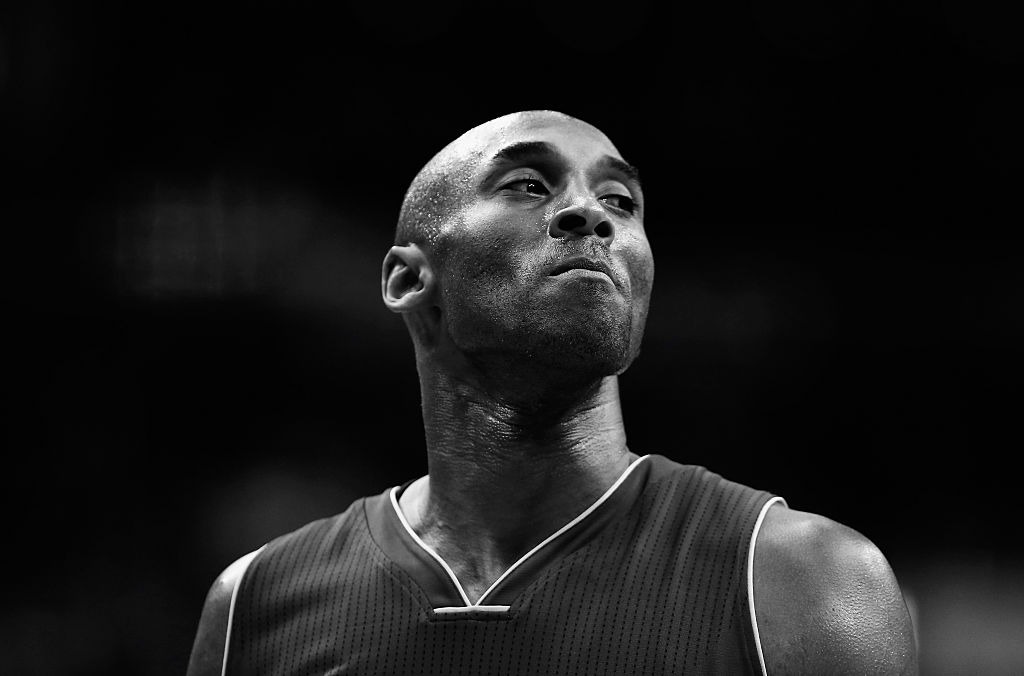
On Sunday, news that basketball legend Kobe Bryant had died in a helicopter crash along with his daughter and seven others overtook the impeachment trial as the top news story. “A generation lost a hero on Sunday, thousands of basketball players who grew up spinning along baselines and firing up picture-perfect midrange jump shots lost […]
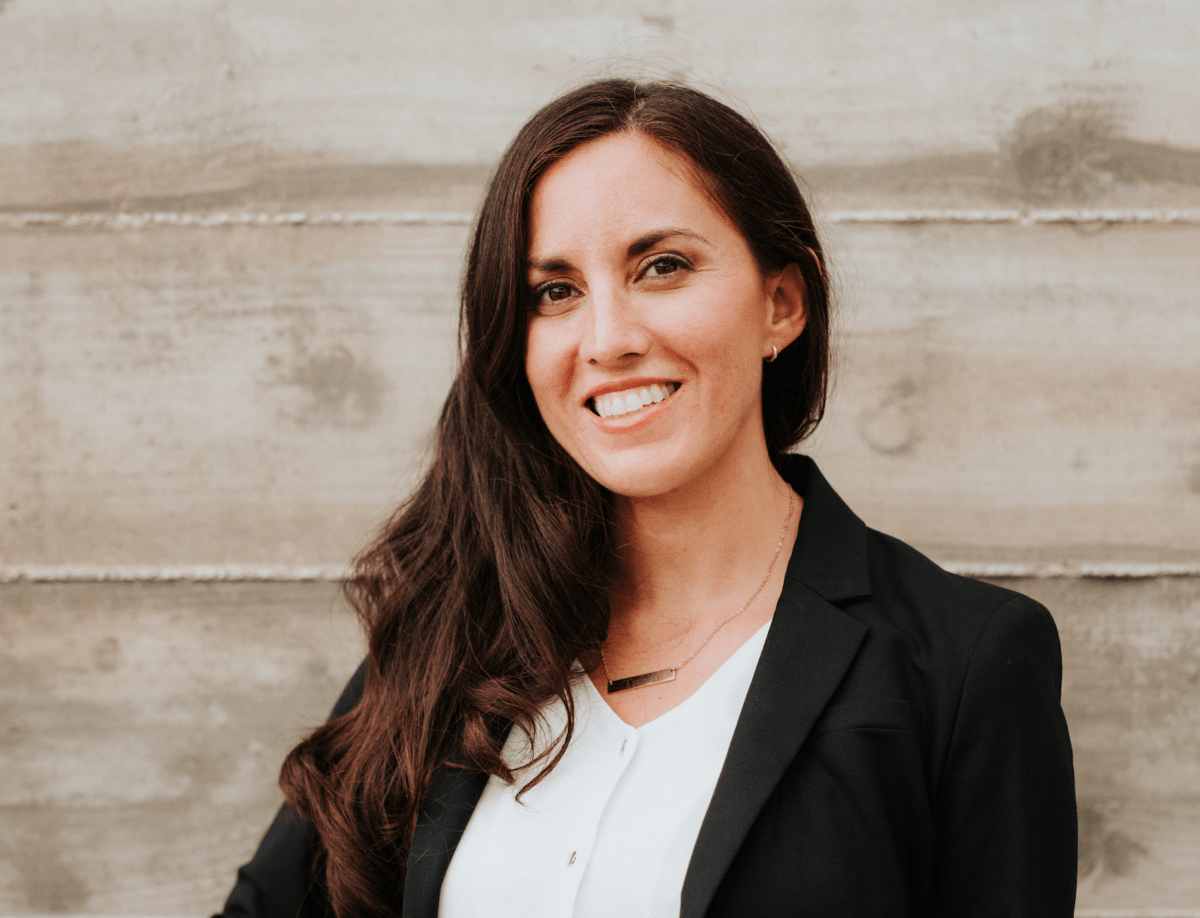
Cristina Tzintzún Ramirez of Texas told The Appeal about her vision for a complete overhaul of her state’s legal system.
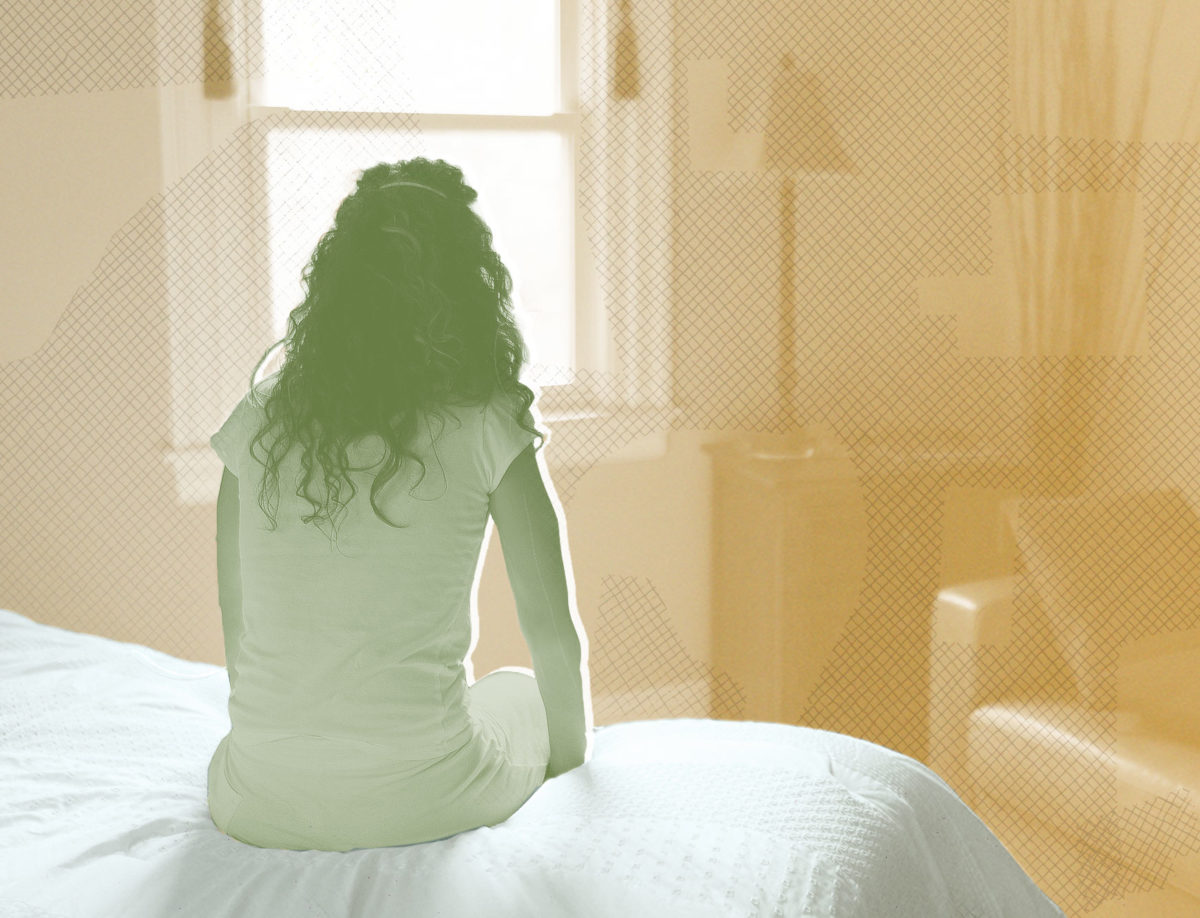
Alternative approaches to rehabilitation and healing still face resistance, even though the criminal legal system’s reliance on punishment has done little to move the needle on addressing sexual violence.

In a letter to the sentencing judge, the Minnesota representative called for compassion toward the man who pleaded guilty to threatening to kill her.
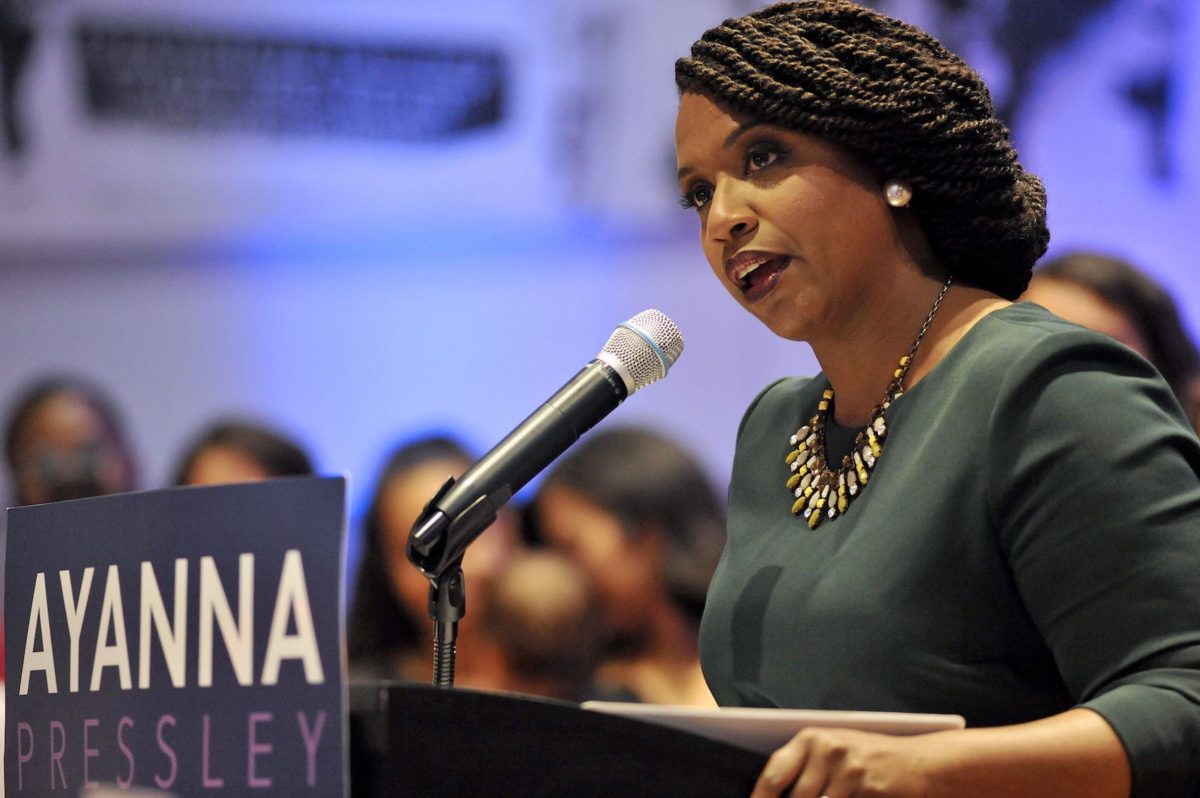
The Appeal spoke with the lawmaker about her “entirely new blueprint for a just society.”
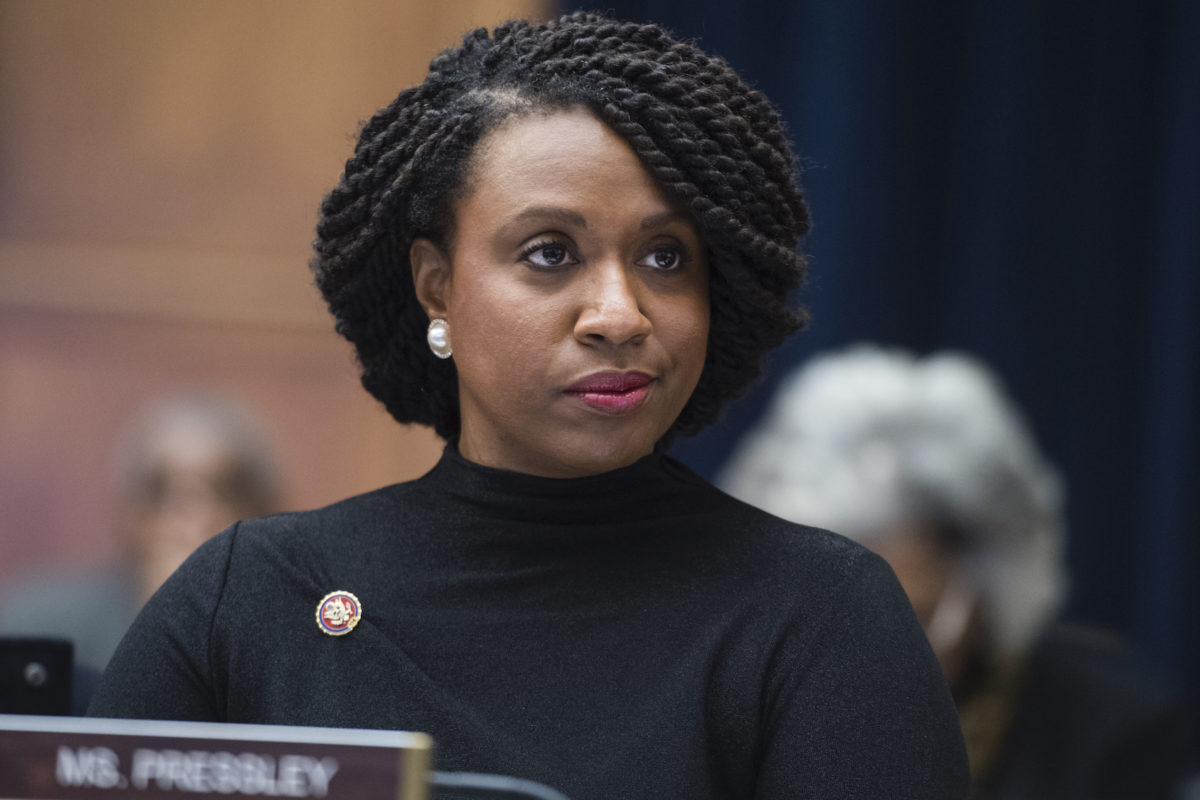
Under the proposal, localities would be incentivized to significantly decrease prison populations.
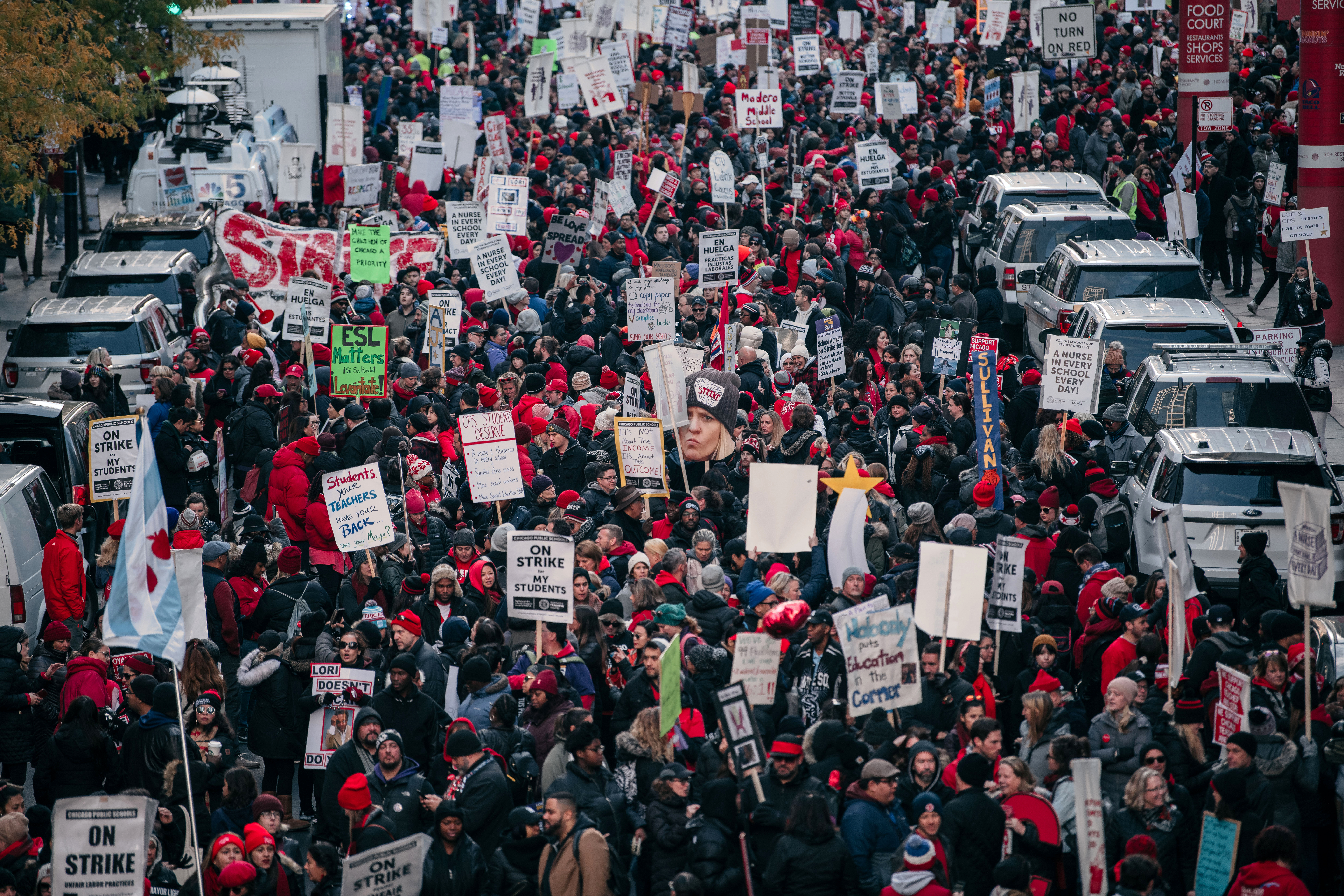
After an 11-day strike, the Chicago Teachers Union won guarantees of nurses and social workers in every school and a “path” towards hiring librarians, counselors, and restorative justice coordinators.
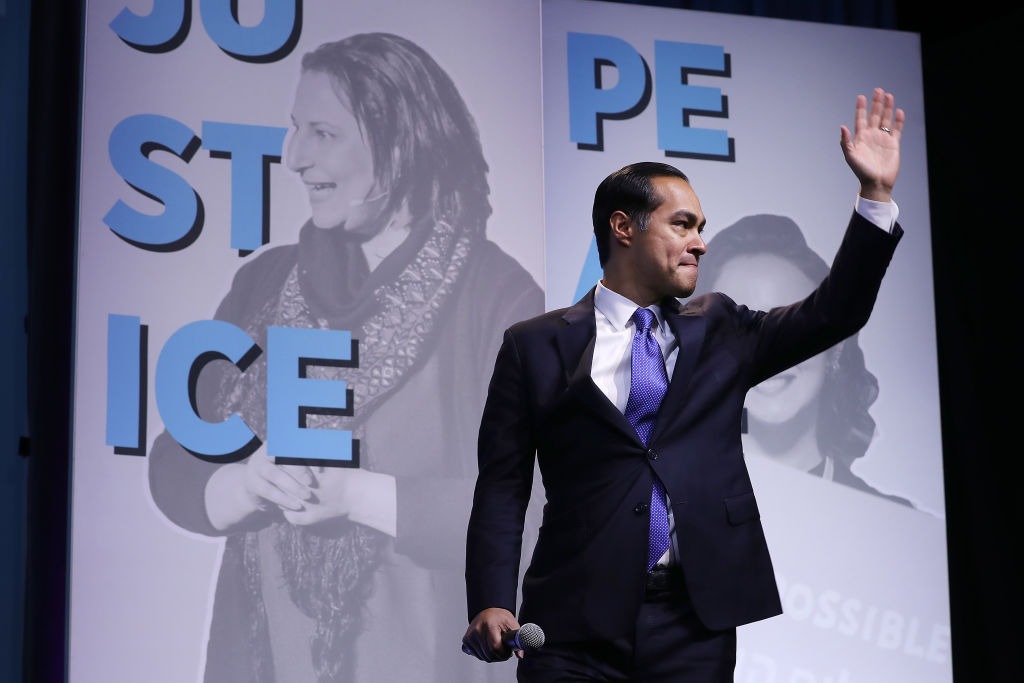
Spotlights like this one provide original commentary and analysis on pressing criminal justice issues of the day. You can read them each day in our newsletter, The Daily Appeal. Julián Castro’s new criminal justice plan starts off promising. The title itself, “The First Chance Plan,” is promising. “Traditionally, the conversation around criminal justice has centered on a second […]

Spotlights like this one provide original commentary and analysis on pressing criminal justice issues of the day. You can read them each day in our newsletter, The Daily Appeal. Last week, the family of a British teenager, Harry Dunn, who was killed in an August car crash in England, traveled to the White House to push […]
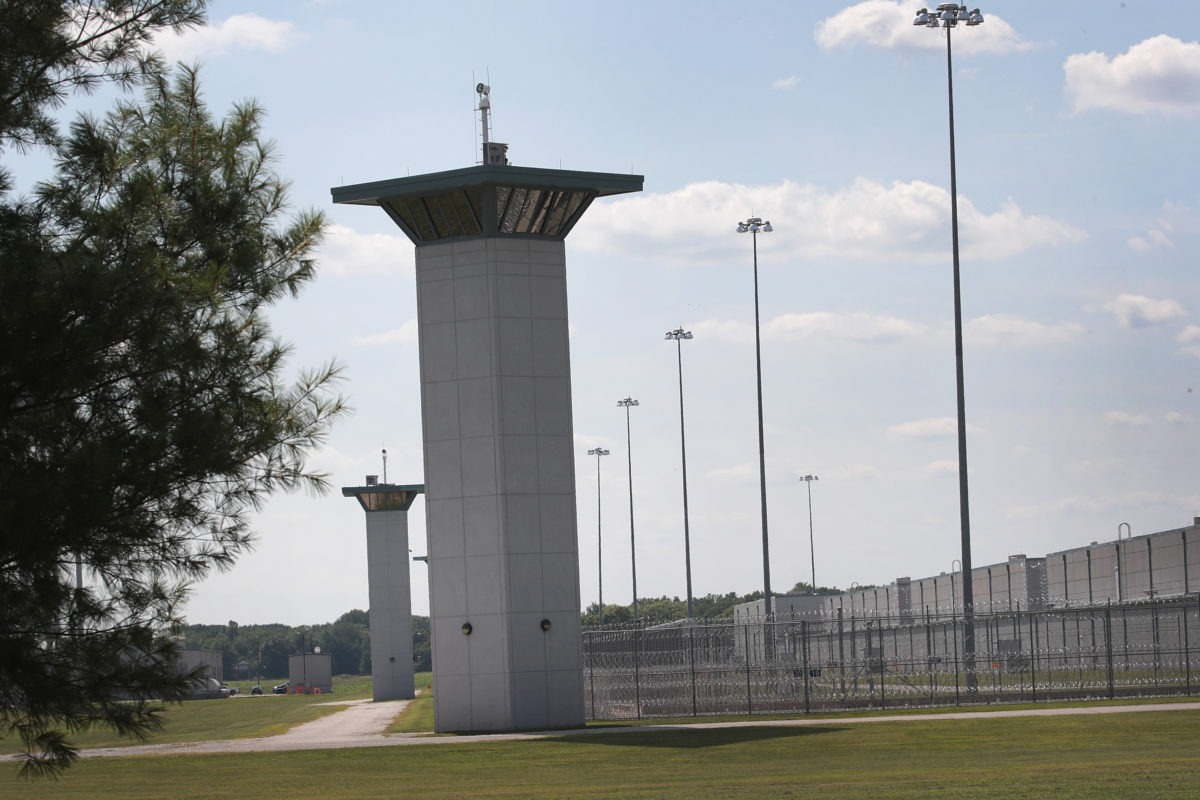
Attorney General William Barr has ordered the resumption of executions by the federal government. Five executions were scheduled for December and January before a federal appeal court granted a stay in the case of Lezmond Mitchell.
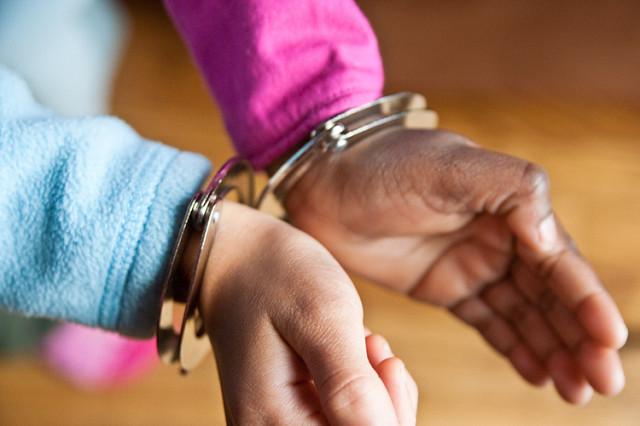
Harsh disciplinary measures and school-based arrests continue to disproportationately affect students of color, including preschoolers in Texas.
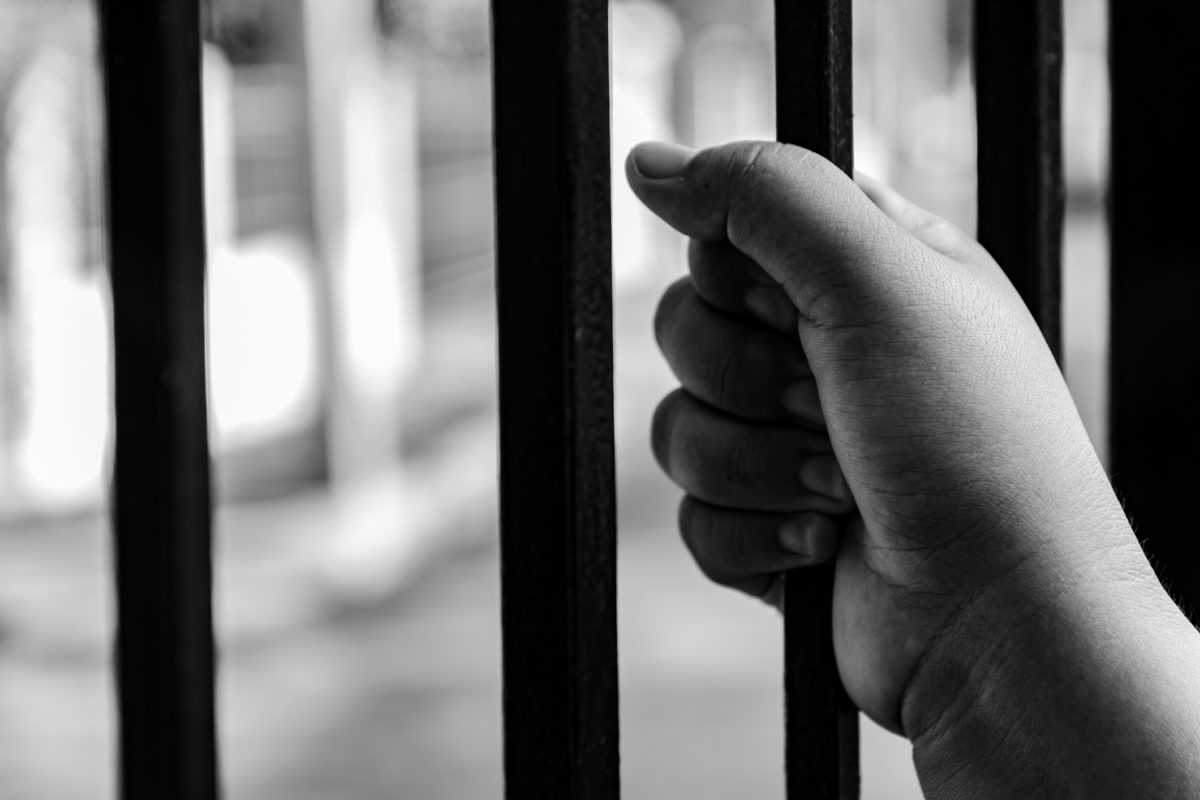
People who have lost loved ones to violence and to life without parole sentences are calling for an end to these sentences in Pennsylvania.
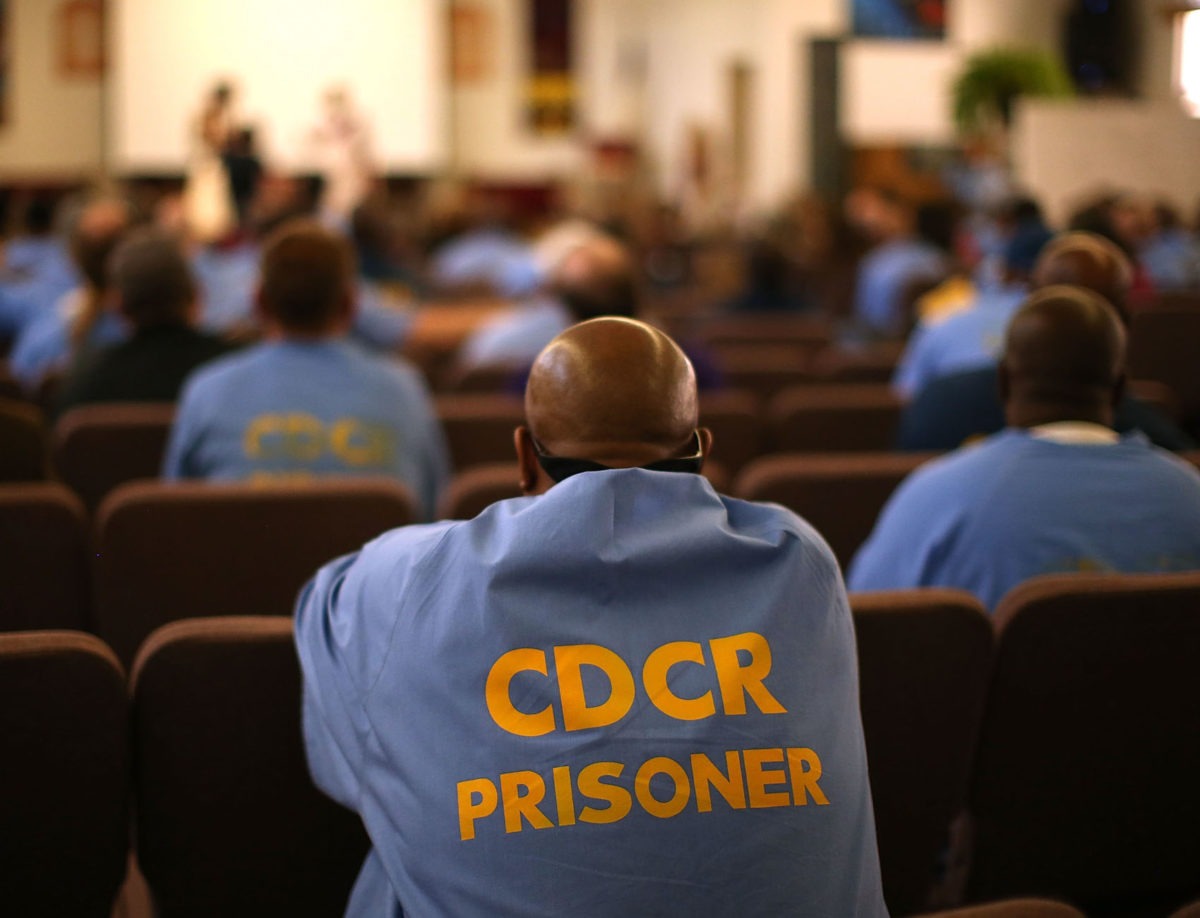
Our response to crime should focus on healing and accountability, not punishment and retribution.
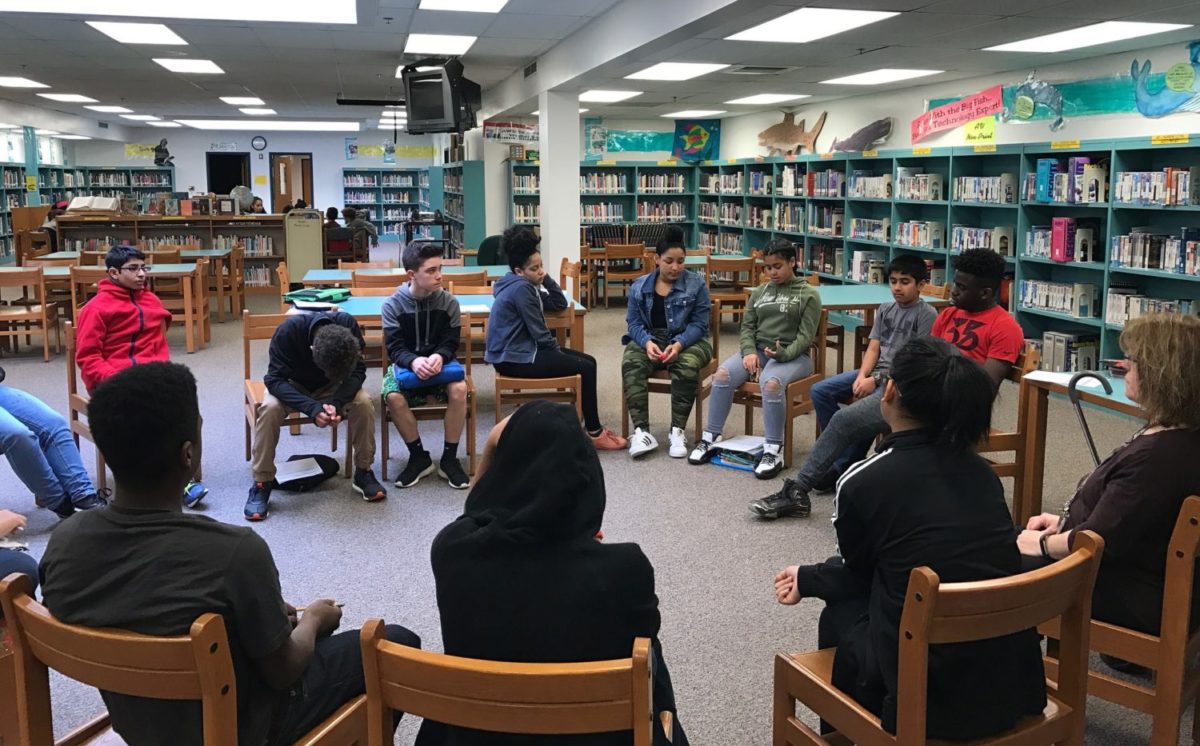
Josie and Clint talk to Sonya Shah, an associate professor at the California Institute of Integral Studies, about restorative justice.
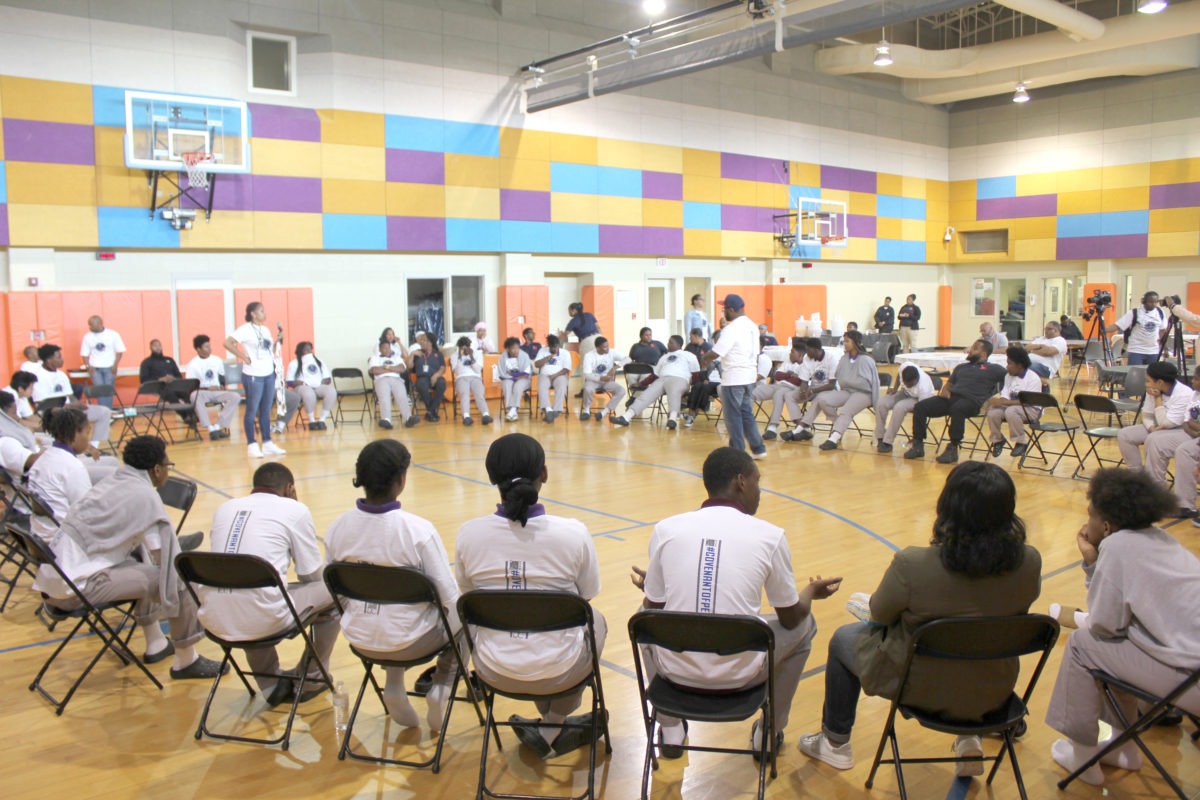
The rocky implementation of New York’s Raise the Age law shows that young people in detention need love, not force.
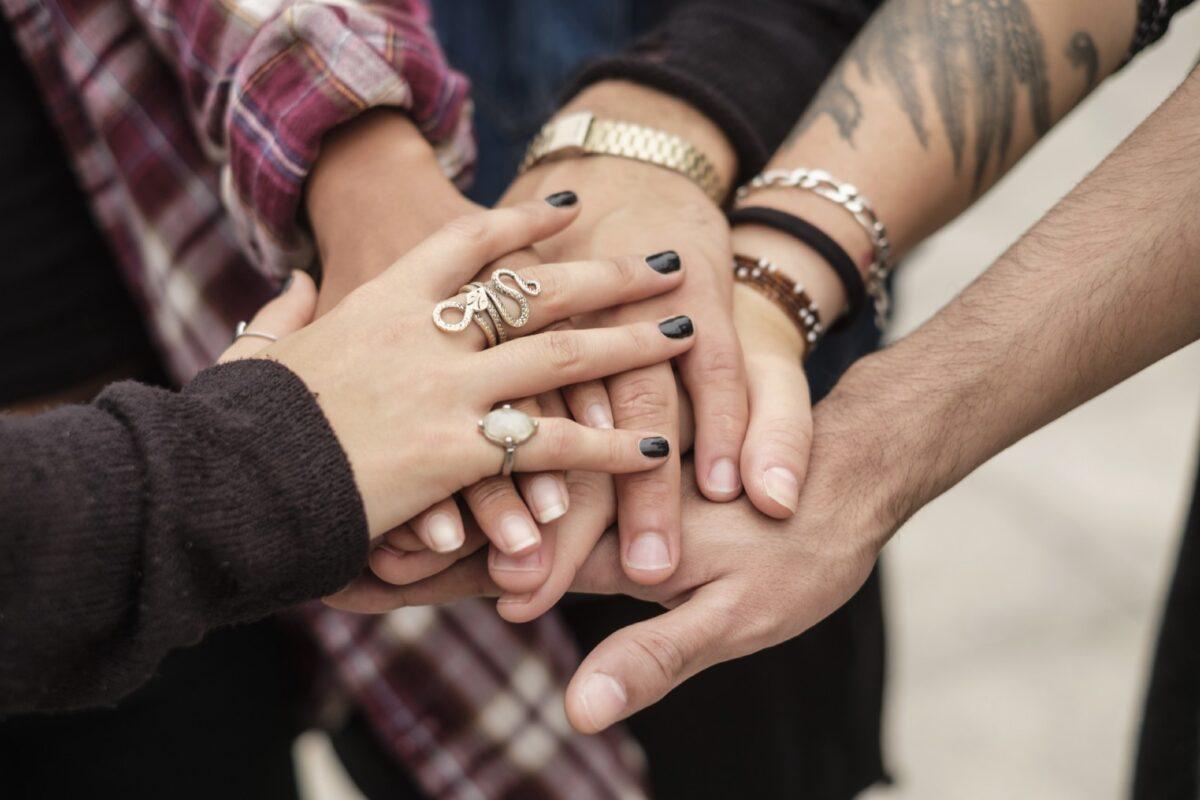
A new project chronicles the myriad alternative visions of justice taking place in the U.S. and Canada.